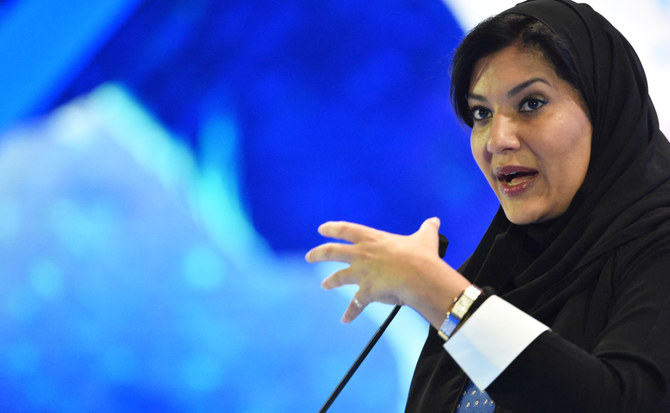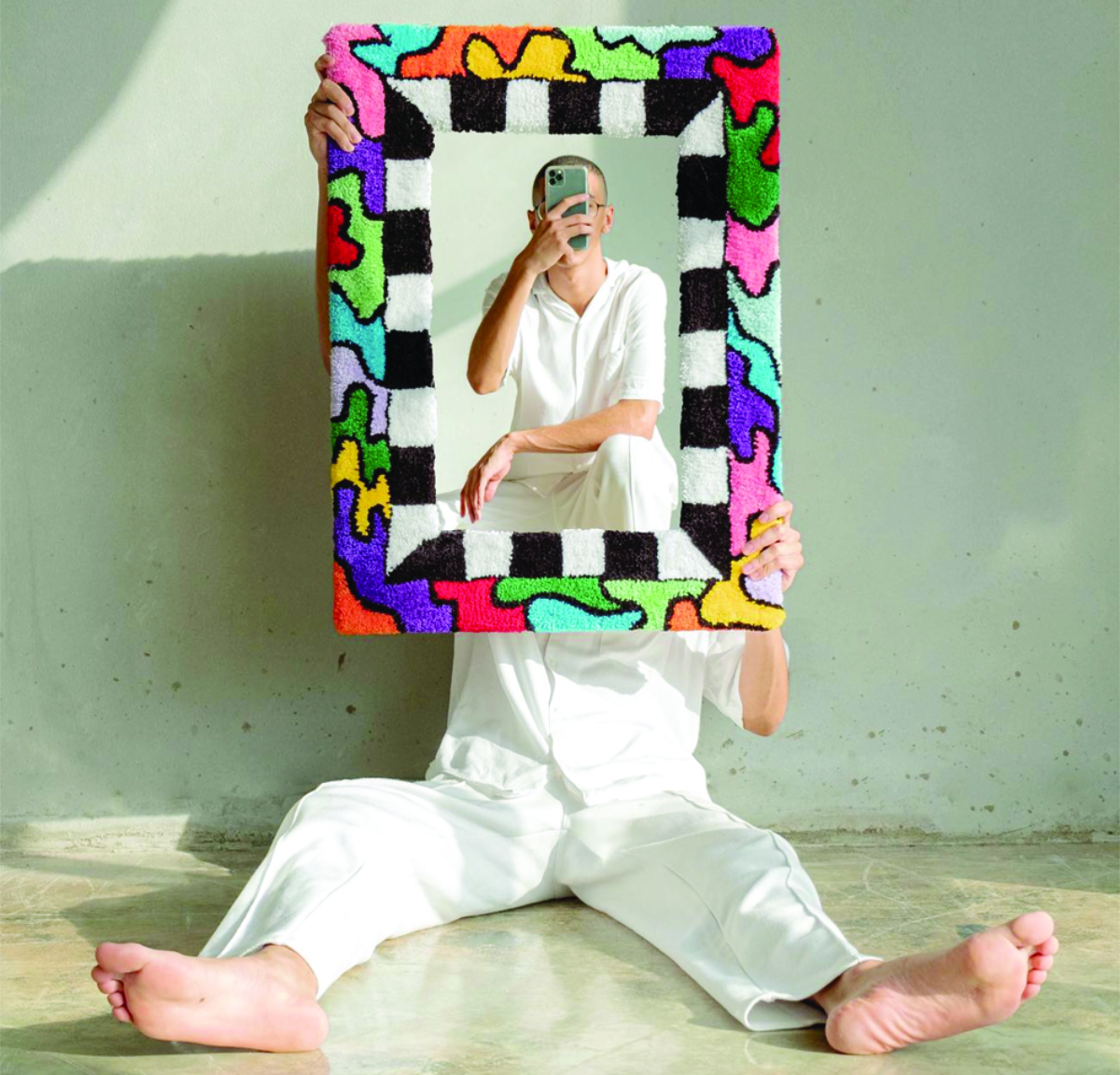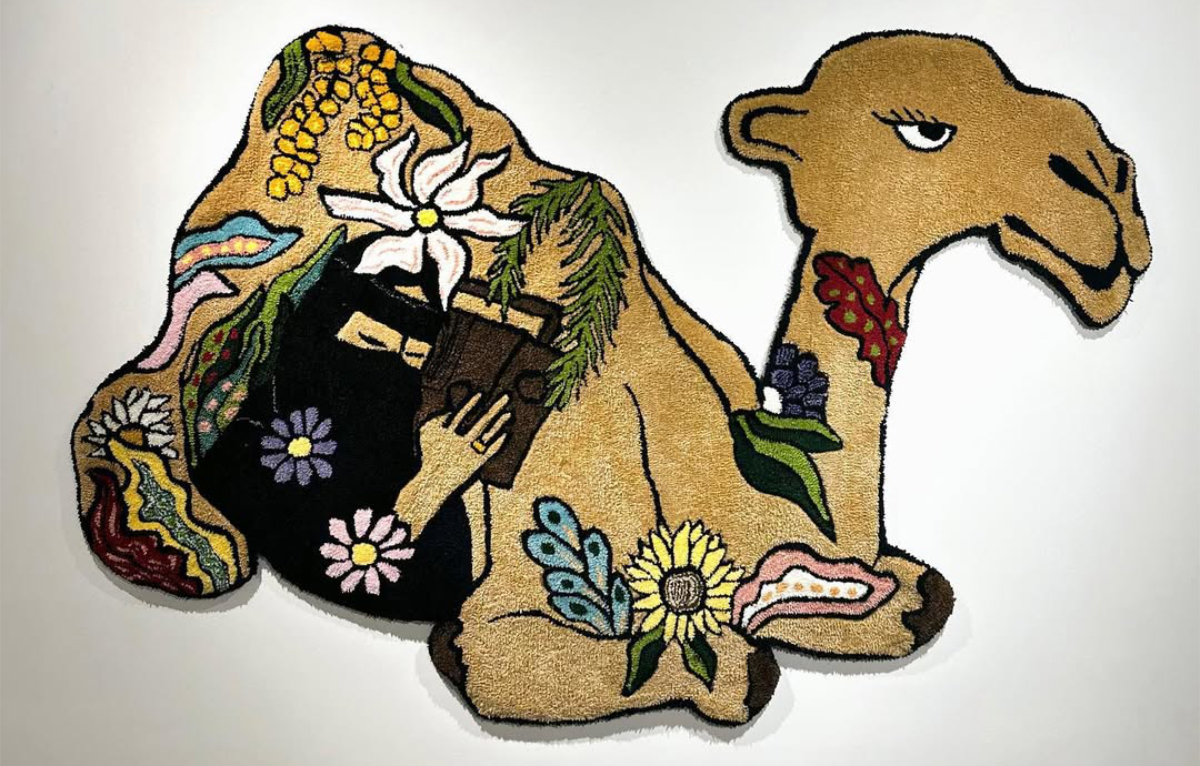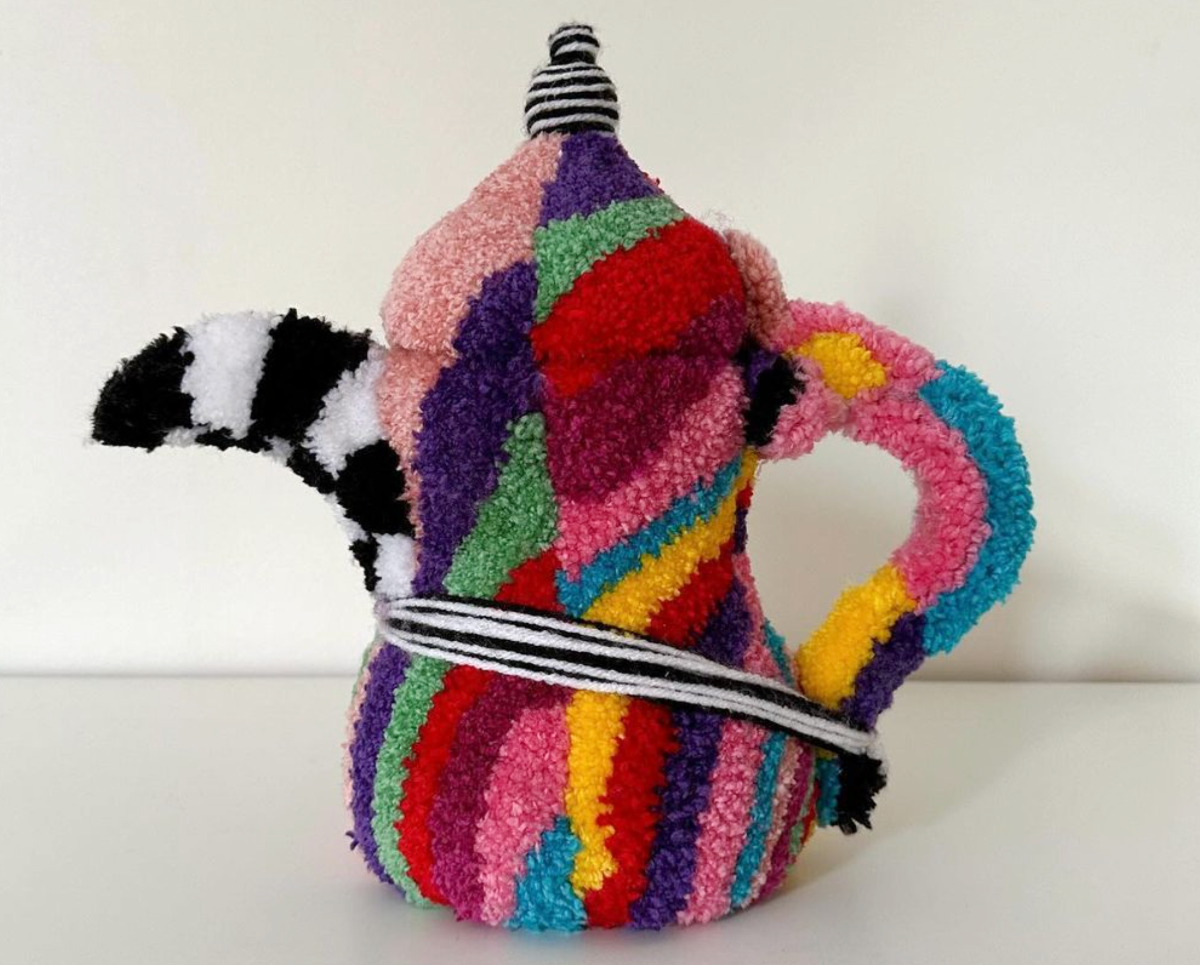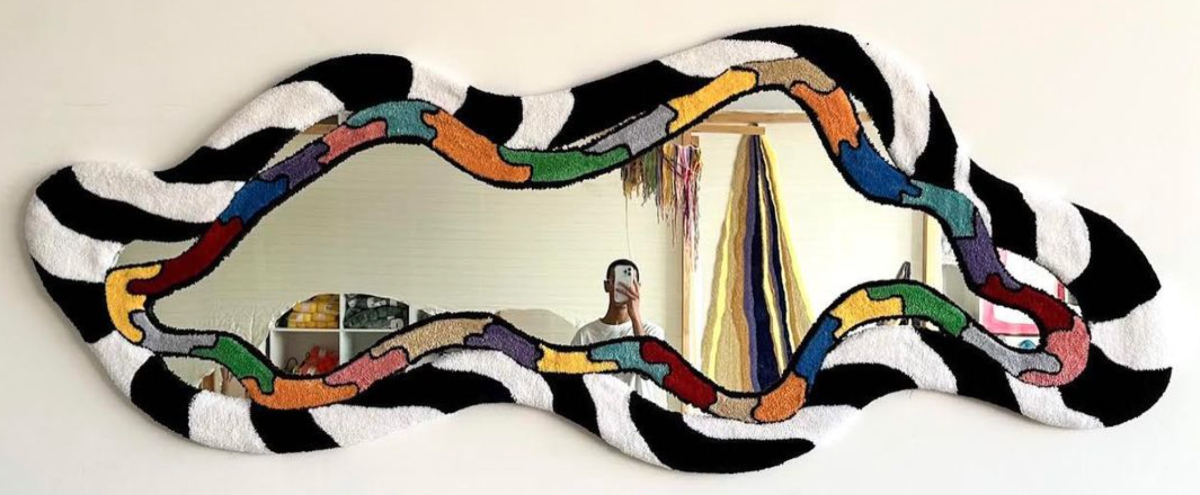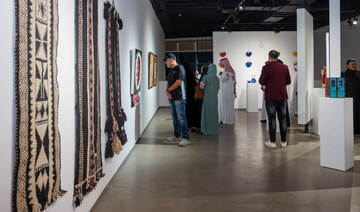LONDON: US President Joe Biden’s upcoming visit to Saudi Arabia is “pivotal” for developing the American-Saudi partnership and ensuring mutual, and global peace and prosperity, according to the Kingdom’s ambassador to Washington.
“It has been almost 80 years since the founder of my country, King Abdulaziz, met with President Franklin D. Roosevelt to lay the foundation for a postwar Middle East,” Princess Reema bint Bandar stated in an opinion article published by Politico on Thursday.
“Since that day, our two countries worked together to defeat Soviet communism, guarantee global energy security, contain a revolutionary Iran, repel Saddam Hussein from Kuwait and, more recently, destroy Al-Qaeda and Daesh,” she wrote.
Princess Reema added that the Kingdom and the US need to do a great deal more as partners “in these very perilous times.”
“As my nation develops, so too, must the US-Saudi partnership. And that is why the upcoming visit by President Joe Biden to Saudi Arabia is so pivotal. For our relationship to deliver peace and prosperity for both of our peoples and the wider world, we must redefine the contours of the next eight decades of this critical alliance.
“Long gone are the days when the US-Saudi relationship could be defined by the outdated and reductionist ‘oil for security’ paradigm. The world has changed and the existential dangers facing us all, including food and energy security and climate change, cannot be resolved without an effective US-Saudi alliance,” she said.
Princess Reema said the Kingdom is no longer just a global leader in energy, but also in sustainable development.
“Through hundreds of billions of dollars of investment in education, technology, economic diversification and green energy, we have launched a transformation agenda that is unlocking the enormous potential of our young men and women.”
She said that Saudi women enjoy legal guarantees of equal pay and nondiscrimination in the workplace, and “some Western countries have not taken such steps.
“Today, Saudi women outnumber men in our institutes of higher education, and women represent the same share of entrepreneurs in Saudi Arabia as they do in the United States.”
She said they are entering sectors such as construction, mining and the military, and are creating companies, becoming CEOs and assuming top government posts, “empowered by a government determined to see us succeed.”
She recalled her appointment as the first Saudi woman to an ambassadorial post, and noted that what is happening for women in the Kingdom is a “success story we hope others will emulate.”
Princess Reema said the Kingdom was promoting tolerance and interfaith dialogue to achieve greater regional stability.
“Saudi Arabia is indeed reconceiving how we express ourselves and engage with the world as a society and a culture.”
She also said that, if managed responsibly, Saudi Arabia and the US “can lead a global transition to renewables, while catapulting the Middle East into a new hub for global supply chains.”
She called for more cooperation on counterterrorism and cracking down on terrorists, but said more should be done than just tackling this danger.
“We must offer the people of this region greater hope for the future, and that is why our reimagined partnership encompasses cooperation from emerging technologies to joint space exploration. Given Saudi Arabia’s status as the cradle of Islam, the reverberations will be felt from Nigeria to Afghanistan.”
“The past couple of years have demonstrated the inherent volatility of our age, from global pandemics to food, energy, and supply chain crises.” She added that Saudi Arabia is “approaching these challenges with a new mindset,” as it believes “that the global transition to renewables can happen only if we all work together to manage this transition in a manner that ensures energy security and global economic growth.”
She also said that the Kingdom has embraced the transition to green energy, is committed to net-zero emissions by 2060, and aims to shift more than half of the energy industry to renewables by the end of this decade.
“These are commitments once deemed unimaginable for the world’s central bank of oil.”
Princess Reema said “there have been some turbulent waters in the US-Saudi relationship,” in reference to the killing of Saudi journalist Jamal Khashoggi at the Kingdom’s consulate in Istanbul, but said that the partnership has “emerged from this terrible tragedy stronger, with stricter safeguards to make sure such an atrocity never happens again.”
This incident should not define the relationship going forward, and “what occurred is not what we do.”
She concluded by saying that she is “sure that great crises will face us, some of which we have no way of predicting. But our two great nations must confront the unknown with confidence. And we should tackle today’s biggest challenges — from deadly epidemics and food insecurity to the responsible transition to renewables — with the same zeal with which we once contained communist aggression and threats to global energy production.
“By working together we can build the future we all dream of, a future our youth can be proud of, a future we all deserve.”


